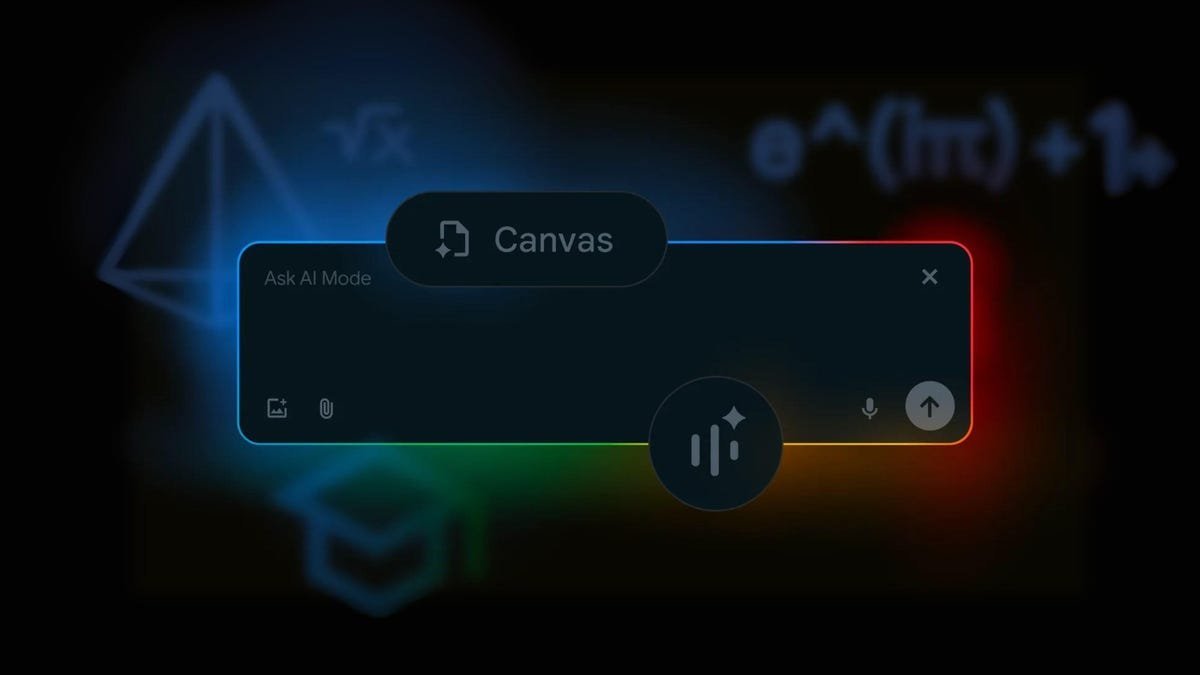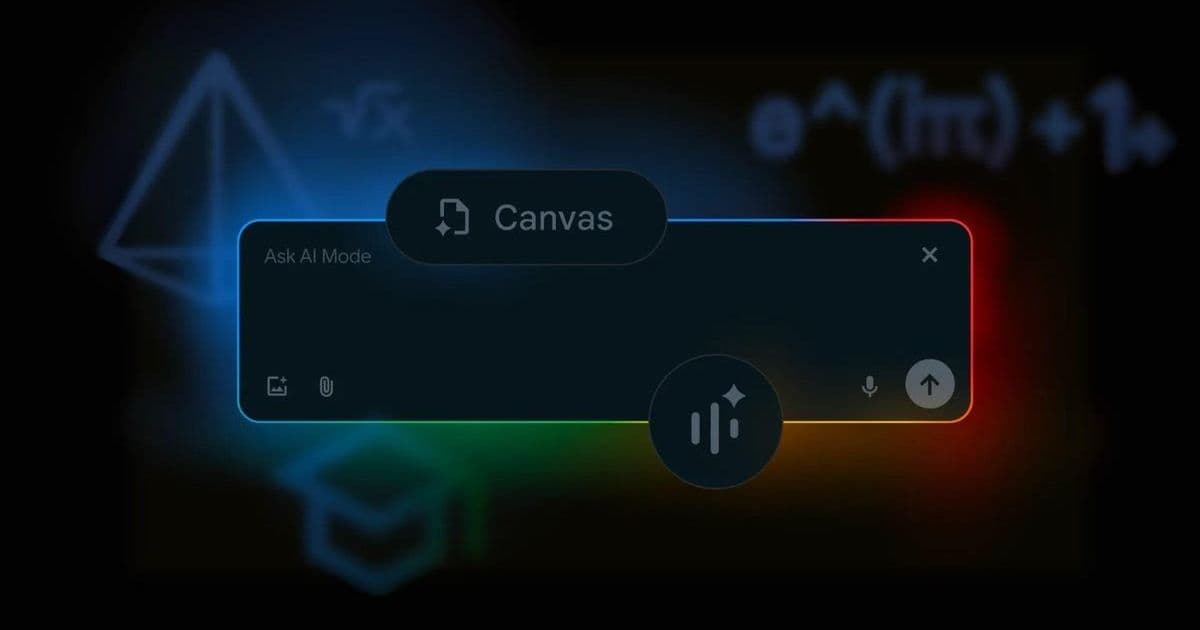Google is expanding its controversial AI-powered search with four significant upgrades including visual file analysis, an interactive Canvas workspace for project planning, real-time camera queries via Lens, and enhanced webpage interrogation. These features aim to win over skeptics by transforming search into a dynamic, multi-modal assistant.
Google is doubling down on its AI-powered search future with four major enhancements to its generative search experience. As AI Overviews become increasingly unavoidable, these upgrades target both productivity use cases and users still hesitant about AI-dominated results. The changes reflect Google's vision of search as an interactive collaborator rather than a passive link directory.
 Google's new Canvas workspace in AI Mode enables dynamic project planning (Image: ZDNet)
Google's new Canvas workspace in AI Mode enables dynamic project planning (Image: ZDNet)
1. Multi-Modal File Analysis Goes Mainstream
Initially mobile-only, the ability to upload images for AI analysis now reaches desktop users. Simply activate AI Mode, upload any image, and ask contextual questions. Google's Gemini-powered backend analyzes the visual content while cross-referencing web data to generate answers with source citations. Crucially, support for PDF analysis arrives in weeks, followed by Google Drive integration in coming months. This positions Google Search as a formidable document intelligence tool, though accuracy concerns persist given AI's hallucination risks.
2. Canvas: The Interactive Workspace for Builders
Perhaps the most ambitious addition is Canvas—an interactive environment where users co-create project plans, study guides, or code snippets alongside the AI. Launch "Create Canvas" in AI Mode, and Gemini dynamically structures content based on your goals. The workspace updates in real-time as you refine parameters. "This transforms search from an information retrieval system into an ideation partner," notes an AI researcher familiar with the feature. Early access is rolling out to US-based AI Mode Labs testers, with file uploads for personalization coming soon.
3. Live Lens: Real-Time Visual Dialogue
Google merges Lens and AI Mode with real-time camera analysis. Point your phone at objects, tap the Live icon, and converse with the AI about what it sees—whether identifying plants, explaining machinery, or comparing products. The feature enables contextual, multi-turn dialogues grounded in your physical environment. Rolling out this week to US Labs users, it represents a significant leap toward ambient computing.
4. Page Interrogation Streamlined
A Chrome upgrade simplifies asking questions about your current webpage or document. Soon, clicking the address bar reveals "Ask Google about this page," triggering an AI Overview in the sidebar. Follow-up queries deepen the analysis via "Dive deeper" prompts. This seamless integration reduces friction for research-heavy workflows.
The Developer Implications
These upgrades carry significant technical weight:
- PDF/Drive integration creates new vectors for enterprise search adoption
- Canvas APIs could eventually enable third-party tool integrations
- Live Lens demonstrates advanced multi-modal reasoning capabilities
- Accuracy verification remains critical—developers should note Google still relies on cited sources to ground responses
While publishers fret about traffic diversion, Google seems committed to an AI-first search paradigm. These features suggest a future where search isn't just about finding—but building, understanding, and interacting with the digital and physical world through conversation. Whether users embrace this vision may depend on Gemini's ability to deliver consistently reliable outputs.

Comments
Please log in or register to join the discussion